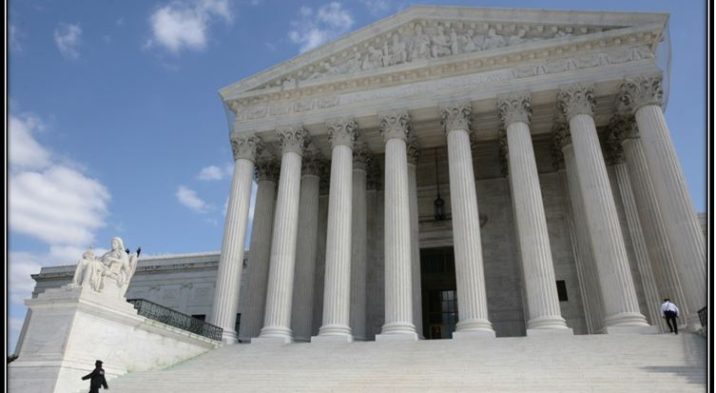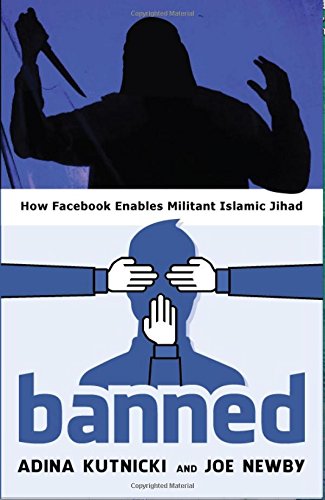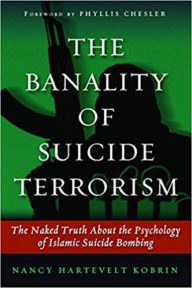
MAJOR SUPREME COURT CASE SET FOR SUPREME COURT! SECTION 230 IN THE CROSS-HAIRS!
THREE PERCENT NATION | November 23, 2020
WE ALL LIKE TO LIVE IN A WORLD WHERE WE CAN SAY WHAT WE FEEL IS ON OUR MINDS AND NOT HAVE TO LOOK LIKE WE ARE CRIMINALS OVER IT.
The problem with that is that it seems that every form of media is controlled by some liberal that wants you to say that they want that too, but as long as you agree with them.
The whole thing of “be yourself, but just like everyone else”. Thankfully, we have reached a point where you can tell these social media companies that you don’t need them anymore. Maybe now, they will finally lighten up on this rampant censorship.
A tech censorship case that could have wide ramifications for the way the courts interpret Section 230 of the Communications Decency Act has hit the docket of the U.S. Supreme Court, which will now decide whether or not to hear the case.
In October, Justice Clarence Thomas indicated that he believes the legal immunities of Section 230 to have been interpreted too broadly. The law gives tech companies wide-ranging protection from any legal consequences for censorship, allowing them to censor anything they consider “objectionable.”
“Many courts have construed the law broadly to confer sweeping immunity on some of the largest companies in the world,” wrote Justice Thomas.
This offers due process protections to the American citizens who, in an increasing number of cases, have seen years of work and investment on platforms like Facebook, Twitter, Google or YouTube suddenly erased by the tech titans.
As Breitbart News reported, the case, brought by Jason Fyk, owner of a viral news page that was shut down by Facebook, argues that tech companies should be liable for censorship:
… the case focuses on subsection F(3) of the law, which concerns the definition of “information content provider.” The law defines an “information content provider” as “any person or entity that is responsible, in whole or in part, for the creation or development of information provided through the Internet or any other interactive computer service.”
In contrast to “interactive computer services,” “information content providers” are not protected by the liability shields of Section 230. Thus, Big Tech companies must prove that they are “interactive computer services” and not “information content providers” if they wish to be subject to the law’s protections, and thus retain their broad authority to censor users.
By engaging in preferential treatment towards certain types of content, including by funding content produced mainstream media organizations, Fyk’s case will argue that Facebook is “responsible, in whole or in part, for the creation or development of information provided through the Internet,” and thus an “information content provider” not subject to Section 230’s protections.







